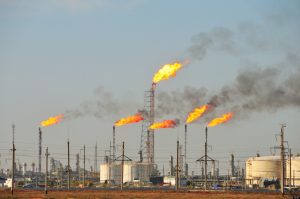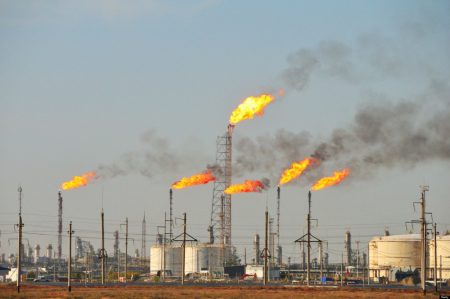Paragraph 1: A Bearish Start to the Month
The Nigerian Exchange Limited (NGX) commenced July 2024 on a bearish note, witnessing a decline in market capitalization and overall index value. After a robust rally in June, investors seemed to engage in profit-taking, leading to a N150 billion loss on Tuesday, July 1st. This day’s performance brought the market capitalization down to N75.8 trillion from N75.95 trillion the previous day. The All-Share Index (ASI) also dipped by 0.2%, settling at 119,741.23 points. Despite this downturn, the market retained gains of 7.09% over the past four weeks and an impressive year-to-date return of 16.34%. The July 1st decline represented a slight weekly loss of 0.04%.
Paragraph 2: Trading Activity and Market Breadth
Trading activity on the NGX significantly decreased on July 1st. The total volume of shares traded plummeted by 63% to 527.08 million shares, while the turnover value dropped by 74% to N11.28 billion. The number of deals executed also witnessed a 14% decline to 21,546. A mixed bag of performance characterized the market, with 47 gainers and 23 losers out of 129 stocks participating in the day’s trading. This indicated a cautious approach by investors, possibly influenced by the profit-taking activities observed.
Paragraph 3: Top Gainers and Losers
Honeywell Flour Mill led the gainers, recording a 10% increase in share price, closing at N23.65. Several other companies, including RT Briscoe, McNichols, and Mutual Benefits Assurance, also posted a 10% gain. LASACO, Meyer, and a selection of mid-tier stocks followed suit with substantial gains. Conversely, University Press suffered the most significant loss, declining by 10% to close at N5.04. SCOA Nigeria, Thomas Wyatt Nigeria, and PZ Cussons also experienced notable declines, falling by 9.83%, 9.57%, and 7.89%, respectively.
Paragraph 4: Volume and Value Leaders
Ellah Lakes emerged as the volume leader, with 46.05 million shares traded, followed by UPDC with 38.5 million shares and Universal Insurance with 30.4 million shares. Despite not leading in volume, Nigerian Breweries dominated the value chart, recording N1.74 billion worth of shares traded. The high value traded for Nigerian Breweries suggests significant investor interest despite the general market downturn, possibly indicating a perceived undervaluation or positive outlook for the company.
Paragraph 5: Sectoral Performance and Market Sentiment
Sectoral performance on the NGX presented a mixed picture. The Consumer Goods Index experienced a substantial surge of 31.6%, while the Banking Index followed with a notable 17.99% increase. These positive performances were offset by a 0.92% dip in the Premium Index. The Top 30 Index and the Pension Index also registered gains of 6.8% and 9.59%, respectively. Despite the positive performance in certain sectors, the overall market sentiment remained cautious, marking the start of the second half of the year on a negative footing. This suggests that despite pockets of optimism in specific sectors, the broader market sentiment was influenced by profit-taking and a cautious approach to the new trading month.
Paragraph 6: Context and Previous Market Performance
The July 1st downturn followed a strong performance in June, during which the NGX had gained N5.32 trillion, indicating strong investor appetite for stocks throughout the month. However, trading on the last day of June already hinted at a possible shift in momentum, as the market closed with a marginal decline in the benchmark index. This foreshadowed the bearish trend observed at the beginning of July, suggesting a potential turning point in market sentiment. The shift from a bullish June to a bearish start to July highlights the dynamic nature of the stock market and the influence of investor behavior on overall market performance. This emphasizes the need for continuous monitoring and analysis to understand the evolving market trends.














